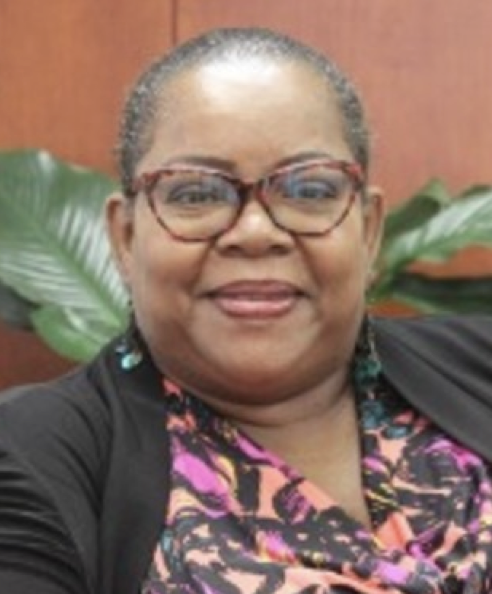
Janice Davis, Ph.D., is director of clinical education at Howard University‘s School of Social Work. During her career, she has worked with numerous underserved populations in various settings. She has bachelor’s and master’s degrees from Howard University, and in 2014, she earned a doctorate degree in social work from Morgan State University.
Rolling out spoke with Davis for our HealthIQ initiative to get her insight into the new normal and where we are as a community during the COVID-19 global pandemic.
How are you prepared as a social worker for this new normal?
Our training prepares us to look at what the impact is on our community for anything that happens in the world, and particularly here in the United States. With the current COVID pandemic, we look at health disparities, as they impact us, and particularly the social indicators.
What are some of those social indicators?
We are you noticing a greater number of African Americans who are being impacted by the virus. We have health conditions that are conducive because of the communities we live in. The fact [is] that we have higher levels of high blood pressure, diabetes and those types of chronic illnesses. We have less health care. Many of our people don’t go to the doctor or don’t have doctors in their neighborhoods that they can see on a regular basis, so they use the emergency room for their health care. Those types of issues often predispose you when we have things like this COVID-19 virus.
I think having nurses in our churches who can check diabetes and blood pressure is needed. Is this the kind of socialization that would be helpful?
That type of socialization would be very helpful. In addition, we also need to always be mindful of people’s mental health. As a community, we look at mental health as a negative. We don’t want to be considered “crazy.” We don’t have any mental health issues; just pray through it or work through it, and it’ll get better.
There are often mental health issues that exacerbate all of these other problems. You will not eat or go to church on a regular basis or be cooperative with your health care system if you feel paranoid, feel people don’t really care about you or don’t feel that you’re worthy of being cared about. For many people, the sense of worthlessness is there. We need to also be willing to address some of those mental health issues.
Click continue to read more.

















